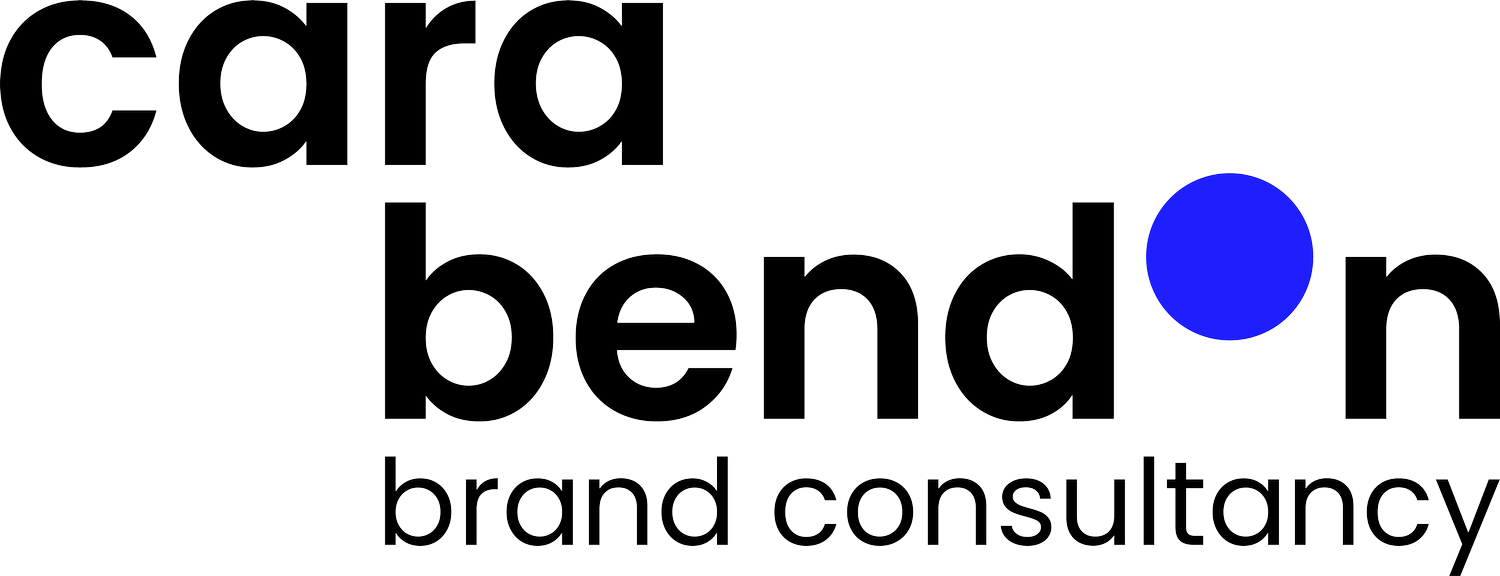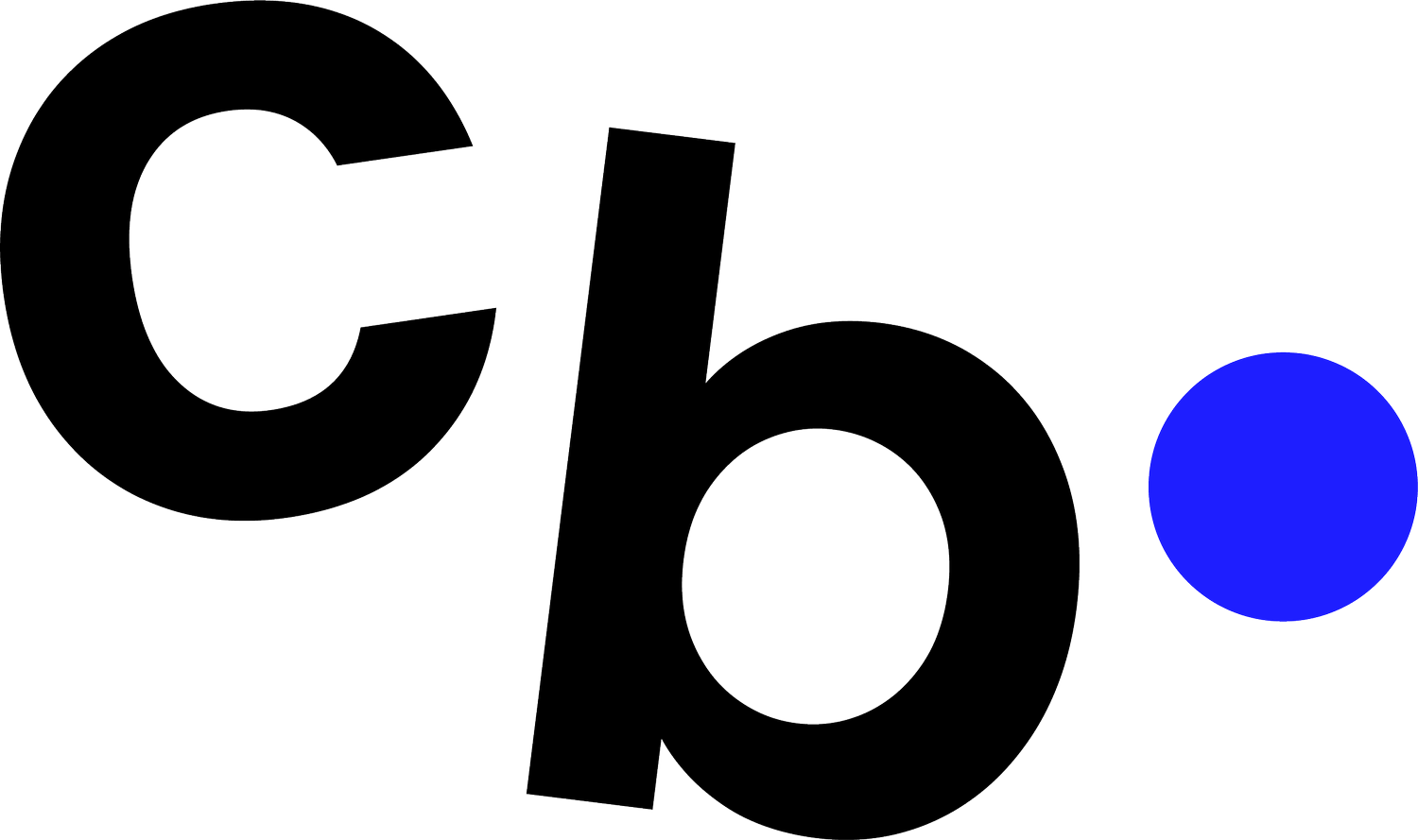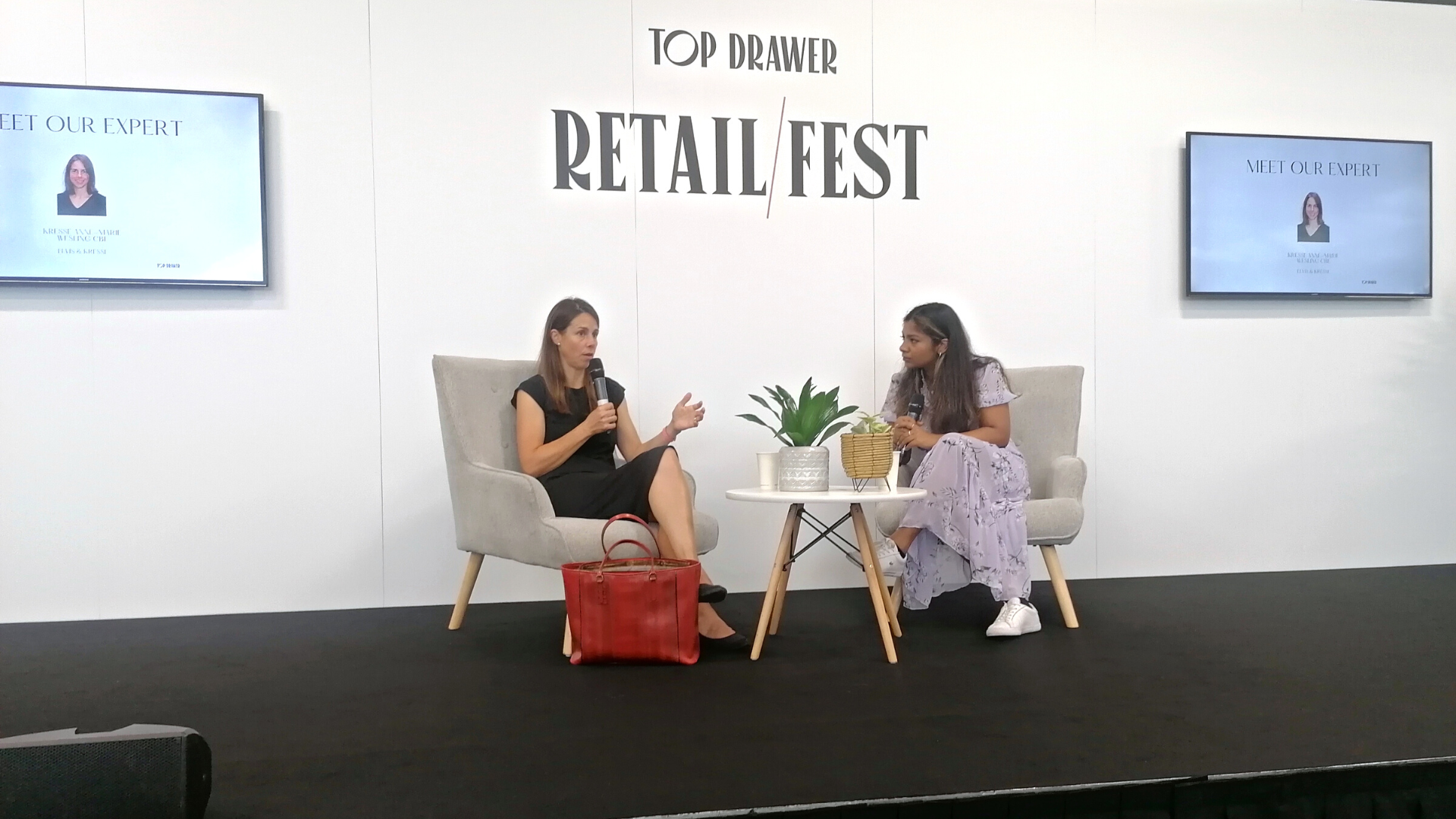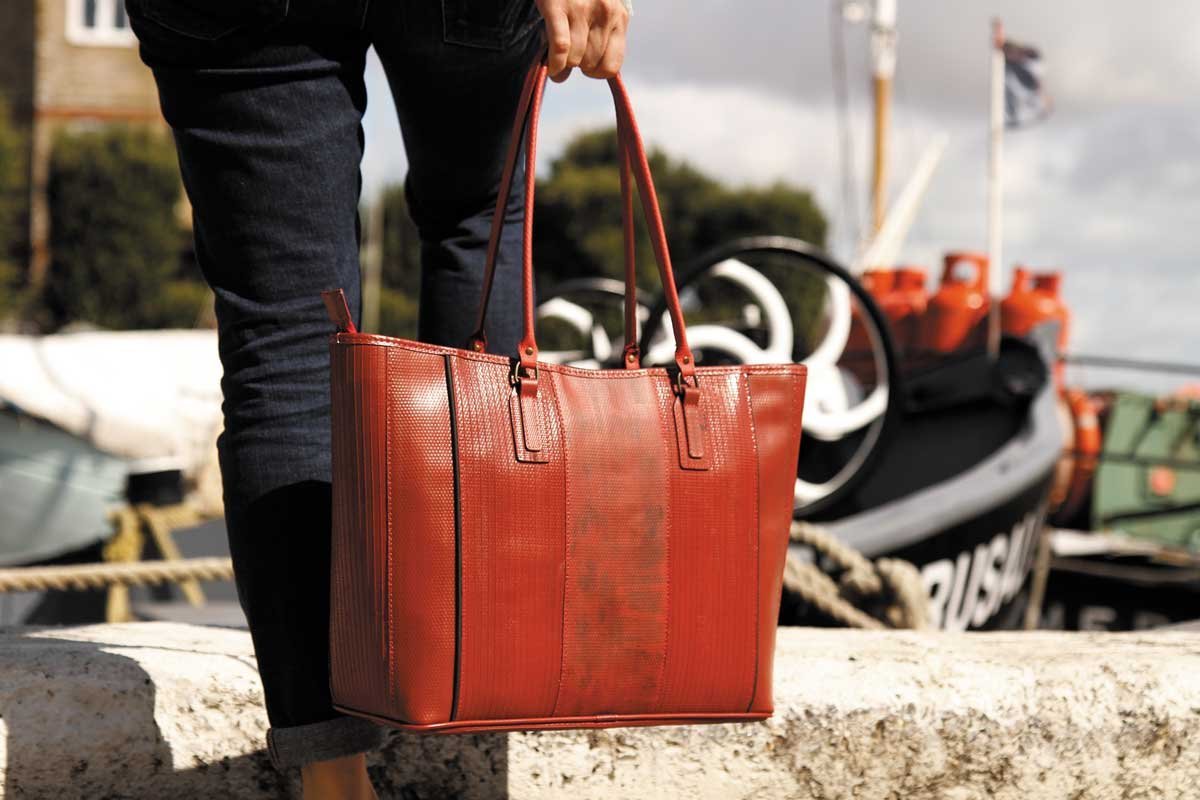Meeting Kresse Wesling of legendary sustainable brand Elvis & Kresse
Kresse Wesling at Top Drawer London September 2022
Earlier this month, in a lively Olympia Kensington, I met Kresse Wesling CBE, one half of brand Elvis & Kresse. If you haven’t heard of Elvis & Kresse, they are an accessories brand founded in 2005 who make luxury luggage from disused firehoses and give 50% of their profits to the London Fire Brigade. Fast forward 17 years and they have a team of 25 staff, they run their business from a farm in Kent (more on that later) and they now also repurpose leather offcuts from Burberry alongside their staple firehoses.
Image courtesy Elvis & Kresse
I first came across the brand around 2013, when I was setting up my own business, and their unique business model and products stuck with me. As a slow living and sustainable brand fan, when I saw this talk on Top Drawer’s line up, I knew I had to be there.
“Retailers thought we were crazy to sell luxury goods from old fire hoses” says Kresse of their first months in business; “but people responded to it, so we built up a direct to consumer brand”. Was it crazy? Perhaps. But it has proved to be a very unique selling point and is at the very heart of their success.
Indeed, their innovative idea attracted interest from journalists, who they invited into their workshop, and their brand awareness ballooned. Another key component of the business’ growth has been their commitment to the fire-fighting community, which in turn has supported them, with fire fighters and their families some of Elvis and Kresse’s most loyal customers.
Kresse says she doesn’t understand why more people don’t take a similar approach, that is giving a share of profits to charity. She describes the day they hand over the cheque for 50% of that year’s profits as a celebratory day in their team, an “instant joy hack”.
As a self-proclaimed ‘slow business’ advocate, her tip to other entrepreneurs is to “find a community to plug your business into” and “make sure your business or product truly is in service of them” and then trust in karma to spread the word. After discovering decommissioned firehoses were ending up in landfill, the couple rescued all they could from their local fire services and began making belts with them. “We started by cleaning the firehoses in the bath and riveting them in our bedroom!” Kresse explains.
Community is a core value for the brand and is a recurring theme in Kresse’s anecdotes. During the recent heatwave when crops were struggling, the couple put out a request to anyone in the locale to help them spread compost, and were pleased to have several volunteers turn up at the farm.
And so why exactly does this luxury accessory brand operate from a farm? As Kresse puts it, "any ecological thing we can do in our business, we do". Having outgrown their previous workshop space, the couple sought out a larger space in 2019 and ended up buying a farm! However, they didn’t view it just as a plot to house their workshop, they decided that the farm should be maintained in symbiosis with their business to ensure they create more environmental good than harm. As a certified B Corp, Elvis & Kresse are committed to becoming Net Zero by 2030, but they would like to do more than that – they are aiming to also be Net Regenerative by this date.
Unusual employees, from left to right: Phil, Serena, Roger, Wayne and Tiger, residents of New Barns Farm. Image courtesy Elvis & Kresse
“Any ecological thing we can do in our business, we do.”
“We built our own sewage system” says Kresse in a matter-of-fact manner, as if this is as much part of being a business owner as navigating social media or invoicing.
“It is a thriving wetland and creates a huge amount of biodiversity on the farm. We are using wastewater to create raw materials.” Listening to Kresse is inspiring – you can see the entrepreneurial traits that make her such a good environmentalist – diving into situations full of optimism and understanding her own resourcefulness, and ability to learn quickly. I haven’t met the other half of the namesake brand, but I’m willing to venture he shares this adventurous attitude too. This is a couple who planted over 11 thousand vines as part of their re-wilding of the farm, and therefore cheerily conclude “we have 4 years to learn how to make wine!"
Kresse attributes her environmentalism to having seen sewage waste during her time as a school pupil in Hong Kong. She says it simply and clearly “I can't do anything if it’s not in service to the environment”.
Image courtesy Elvis & Kresse
When asked about business growth she answers that she doesn’t want the business to grow, she just wants it to have more impact; "we want our style of business to spread, we want more people and businesses to put the environment first. We have a sustainable happy business, we don't have any debt, we don't have any external shareholders who are heaping on growth pressure. We won't overproduce, we will only grow if there is more waste to rescue”.
“We want our style of business to spread, we want more people and businesses to put the environment first.”
As a brand, this slow-fashion approach remains a key principle, including discouraging repeat orders of the same item in favour of offering to repair the original. This integrity wins them the hearts of their customers who tell other, and in turn, keeps them in business – a true circular economy!
Find out more about Elvis & Kresse at Elvisandkresse.com
Interview with Kresse Wesling CBE at Top Drawer Autumn 2022, Kensington Olympia







